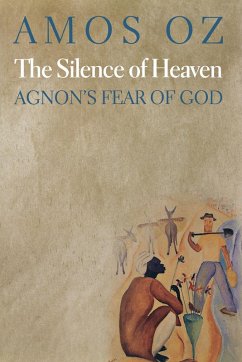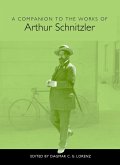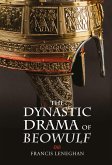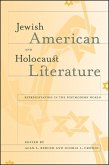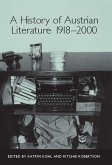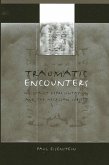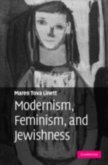In The Silence of Heaven, the world renowned Israeli novelist Amos Oz introduces us to an extraordinary masterpiece of Hebrew literature that is just now appearing in English, S. Y. Agnon's Only Yesterday. For Oz, Agnon is a treasure trove of a world no longer available to today's writers, yet deeply meaningful for his wonderment about God, the submerged eroticism of his writing, and his juggling of multiple texts from the historical Hebrew religious library. This collection of Oz's reflections on Agnon, which includes an essay on the essence of his ideology and poetics, is a rich interpretive work that shows how one great writer views another.
Oz admires Agnon especially for his ability to invoke and visualize the religious world of the simple folk in Eastern European Jewry, looking back from the territorial context of the Zionist revival in Palestine. The tragedy of Agnon's visions, Oz maintains, lies in his perspicacity. Long before the Holocaust, Agnon saw the degeneration, ruin, and end of Jewish culture in Eastern Europe. He knew, too, that the Zionist project was far from being a secure conquest and its champions far from being happy idealists. Oz explores these viewpoints in a series of thick readings that consider the tensions between faith and the shock of doubt, yearnings and revulsion, love and hate, and intimacy and disgust.
Although Oz himself is interested in particular ideological questions, he has the subtle sensibility of a master of fiction and can detect every technical device in Agnon's arsenal. With the verve of an excited reader, Oz dissects Agnon's texts and subtexts in a passionate argument about the major themes of Hebrew literature. This book also tells much about Oz. It represents the other side of Oz's book of reportage, In the Land of Israel, this time exploring the ideologies of Jewish identity not on the land but in texts of the modern classical heritage. The Silence of Heaven hence takes us on a remarkable journey into the minds of two major literary figures.
Oz admires Agnon especially for his ability to invoke and visualize the religious world of the simple folk in Eastern European Jewry, looking back from the territorial context of the Zionist revival in Palestine. The tragedy of Agnon's visions, Oz maintains, lies in his perspicacity. Long before the Holocaust, Agnon saw the degeneration, ruin, and end of Jewish culture in Eastern Europe. He knew, too, that the Zionist project was far from being a secure conquest and its champions far from being happy idealists. Oz explores these viewpoints in a series of thick readings that consider the tensions between faith and the shock of doubt, yearnings and revulsion, love and hate, and intimacy and disgust.
Although Oz himself is interested in particular ideological questions, he has the subtle sensibility of a master of fiction and can detect every technical device in Agnon's arsenal. With the verve of an excited reader, Oz dissects Agnon's texts and subtexts in a passionate argument about the major themes of Hebrew literature. This book also tells much about Oz. It represents the other side of Oz's book of reportage, In the Land of Israel, this time exploring the ideologies of Jewish identity not on the land but in texts of the modern classical heritage. The Silence of Heaven hence takes us on a remarkable journey into the minds of two major literary figures.
Dieser Download kann aus rechtlichen Gründen nur mit Rechnungsadresse in A, D ausgeliefert werden.

